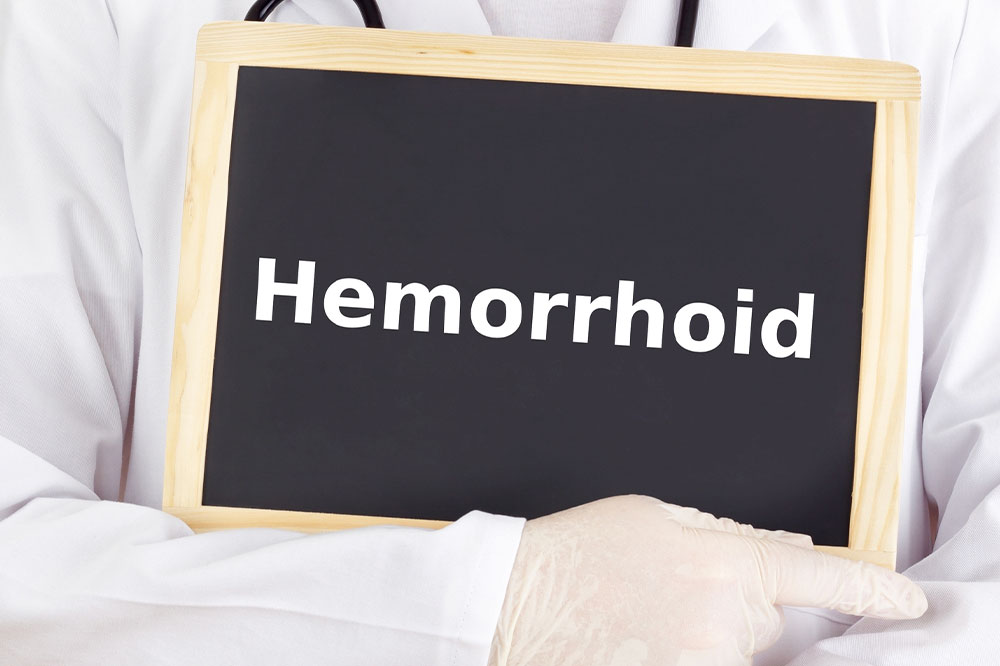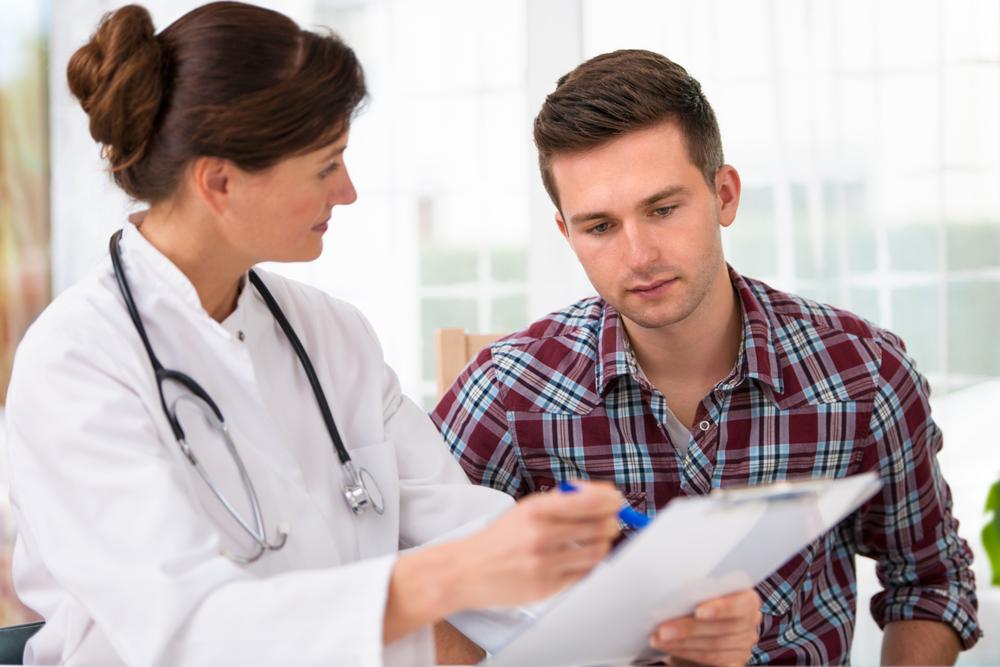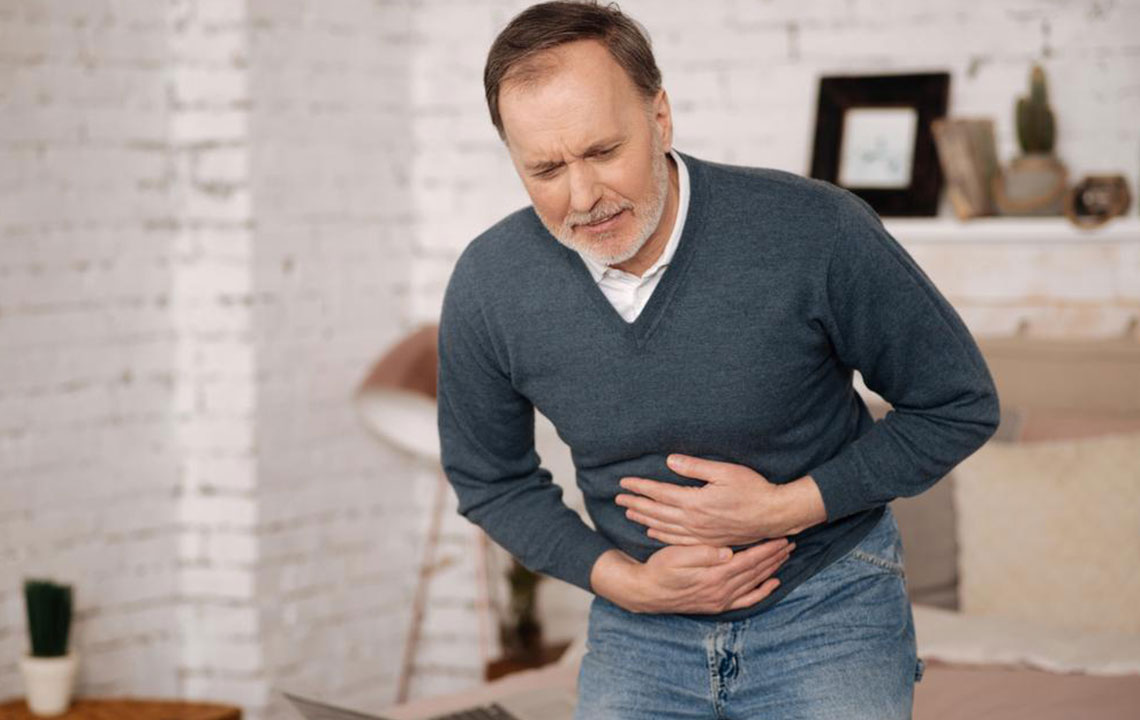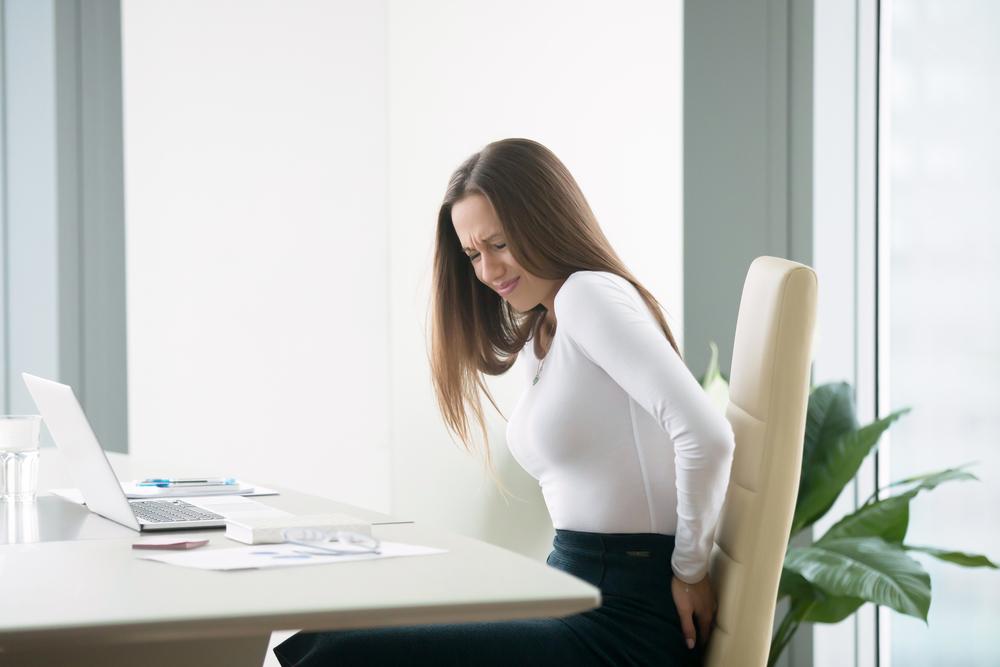Hemorrhoids Explained: Causes, Symptoms, and Effective Treatments
Learn about hemorrhoids, their causes, symptoms, and various treatment options. Discover effective home remedies and medical procedures to manage and prevent this common condition, emphasizing the importance of early intervention and proper healthcare.

Hemorrhoids Explained: Causes, Symptoms, and Effective Treatments
Hemorrhoids, known as piles, are swollen veins in the lower rectal region. These veins can stretch or swell, causing discomfort, itching, or pain. The condition is common but easily treatable with measures like topical creams, suppositories, and minimally invasive procedures if caught early.
What causes hemorrhoids?
Age: More common between ages 40 and 65, but younger people can also be affected.
Constipation: Straining during bowel movements increases pressure on rectal veins, leading to piles.
Pregnancy: Growing uterus compresses abdominal veins, raising hemorrhoid risk; consuming high-fiber foods can help.
Heavy Lifting: Improperly lifting weights can enlarge veins around the anus.
Obesity: Excess body weight contributes to the development of hemorrhoids.
Prolonged Sitting: Sitting for long periods, especially on the toilet, increases pressure on rectal veins.
Types of hemorrhoids
Internal: Develop inside the rectum, often painless but may prolapse and cause discomfort during bowel movements.
External: Visible swelling around the anus, usually painful and prone to bleeding due to sensitive nerves.
Treating hemorrhoids
Home remedies like hydrocortisone ointments, cold packs, sitz baths, and fiber-rich diets are effective for mild cases. Good hygiene, avoiding dry toilet paper, and using moist wipes help prevent irritation. Over-the-counter gels and pads provide relief and ease application. Persistent or severe cases may require procedures such as rubber band ligation or sclerotherapy. In some cases, hemorrhoidectomy offers permanent removal under anesthesia. Preventative measures include avoiding excessive straining, maintaining healthy weight, and consulting a doctor if internal symptoms appear. Prompt treatment is essential, especially to differentiate hemorrhoids from more serious conditions like colorectal cancer. Emergency care is necessary if severe bleeding or dizziness occurs.


